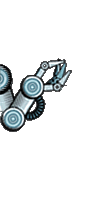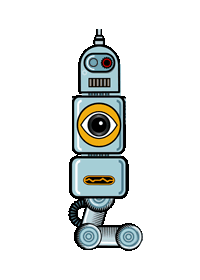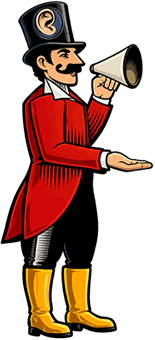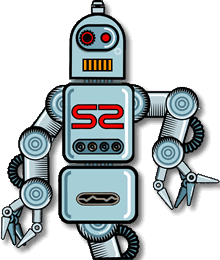Explore this spelling list: Tier 2 Words (data - design). These words are tailored to support your spelling journey. Choose between games, tests, and downloadable activities to learn in a way that suits you.
Tier 2 words are less common than high frequency (Tier 1) words. They are often integral to the comprehension of exam questions or core subject knowledge.
|
|
data |
Data is a collection of facts from which conclusions may be drawn.
|
|
|
debate |
A debate is a discussion in which the reasons for and against a proposition are put forward.
|
|
|
decades |
Decades are periods of ten years.
|
|
|
decline |
If you decline something, it means you refuse it.
|
|
|
dedicate |
If you dedicate yourself to something or someone, it means you devote all your energy to it.
|
|
|
deduce |
If you deduce something, it means you work it out through reasoning.
|
|
|
define |
If you define a word, it means you explain what it means.
|
|
|
definite |
If something is definite, it means it is known for certain.
|
|
|
definition |
If you tell someone the definition of a word, it means you tell them what that word means.
|
|
|
demonstrate |
If you demonstrate something to someone, it means you show them how to do it.
|
|
|
denote |
Denote means to be a sign or indication of.
|
|
|
deny |
If you deny something, it means you declare it as untrue.
|
|
|
depression |
Depression is a mental state characterised by feelings of sadness, low spirits, and inadequacy.
|
|
|
deprive |
If you deprive someone of something, it means you stop them from having it.
|
|
|
derive |
If you derive something, it means you work it out through reasoning.
|
|
|
design |
A design is a sketch, outline, or plan for something.
|
Test and improve your spelling through focused repetition and drills.



How to use:
Look and read the word.
Say the word. Click the speaker icon.
Cover the word.
Write the word.
Check your spelling.
Practice these words while playing fun and educational games.
 Spelling Snowball
Spelling Snowball
Winter spelling fun!
![]()
![]()
 Egg Hunt
Egg Hunt
Crack the eggs!
![]()
 Word Search, small
Word Search, small
The classic English word game.
![]()
![]()
![]()
 Against the Clock
Against the Clock
Spelling 'against the clock'.
![]()
![]()
 Mayan Temple
Mayan Temple
Try the temple spelling puzzle.
![]()
 Monkey Business
Monkey Business
It's bananas!
![]()
Measure your progress with a spelling test on these words.

Use printable worksheets to reinforce spelling skills.
Enhance both spelling and handwriting with this activity.

This word list was created by Spellzone. View more Spellzone course lists or curriculum word lists.
One of the students has put in a huge amount of effort in completing Spellzone at least 3 times a week since his arrival with us in January. Looking at his scores after the latest GL testing, his standardised score has risen from 99 to 131. This is a truly phenomenal result. I just wanted to share the best result I have ever seen.
Terrie Penrose-Toms, Casterton College